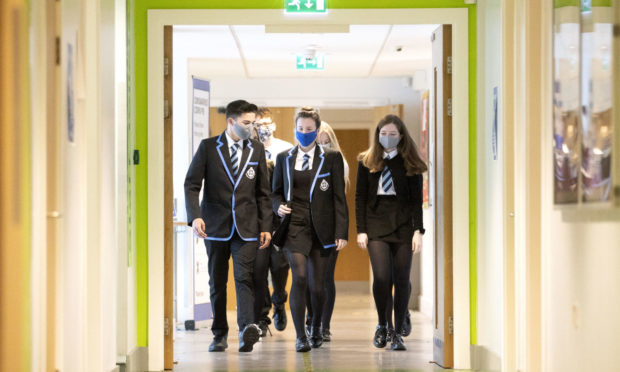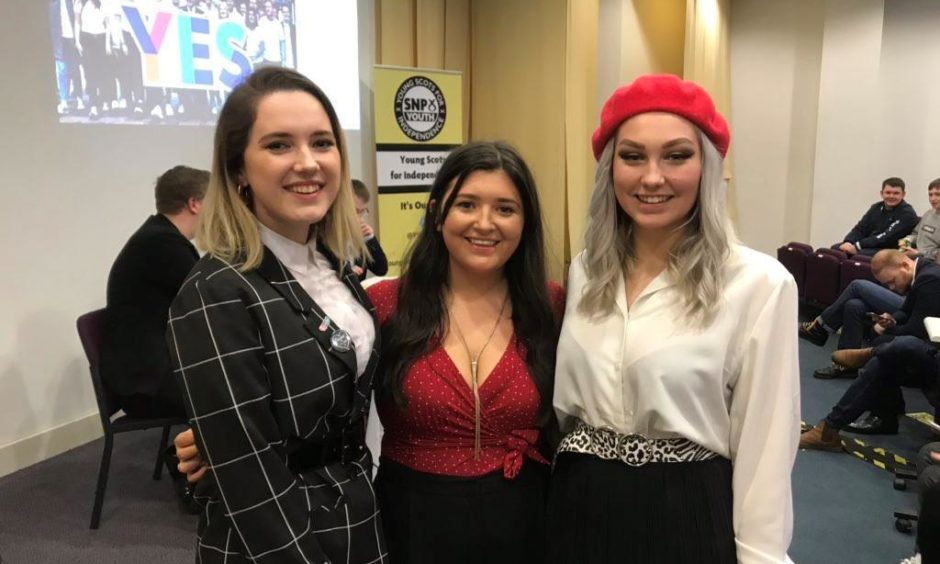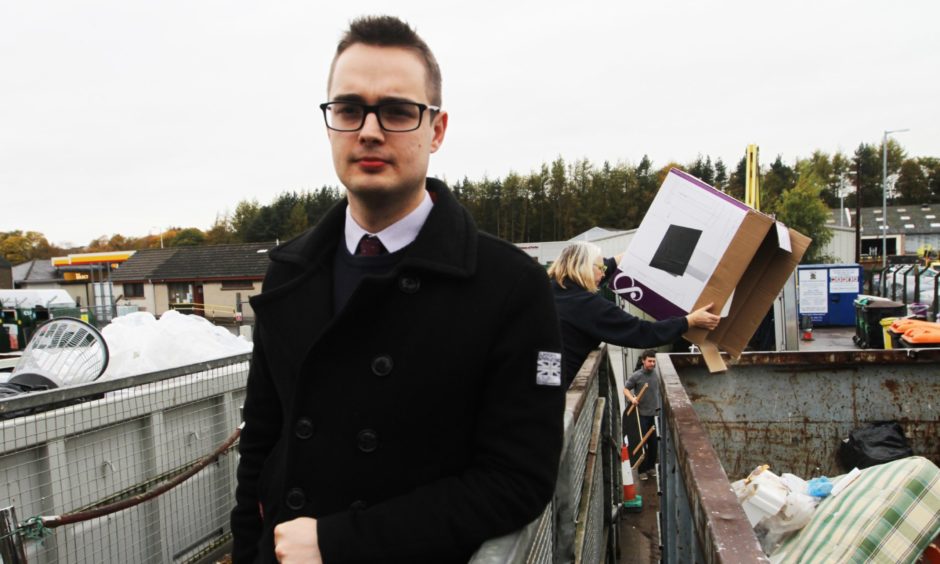Rising stars of Scottish politics have predicted that the coronavirus pandemic will politicise a new generation of young activists and future decision-makers.
The struggles being faced by school pupils and university students this year was tipped to have “huge repercussions” on national politics for years to come.
The impact was compared to the 2014 independence referendum in Scotland.
The forecast was made on our politics podcast, The Stooshie, as a cross-party panel of highly-regarded, aspiring politicians, dissected some of the hottest topics facing young people today.
The debate was part of our Generation Next series, which launched earlier this month with the publication of 35 interviews with rising stars, all from north of the central belt.
During research for the project, we found that local and national politics were poised to be taken over by a cohort who were politicised during the run-up to the 2014 independence referendum.
One of those was 20-year-old Cailyn McMahon, who is now the national convener of the SNP’s youth wing, Young Scots for Independence (YSI).
‘You have to be political and engaged’
But the Glasgow University student predicted that a new generation would be inspired to take action by the twin threats of the pandemic and the climate crisis.
“It really has shown our generation yet again that you have to be political and you have to be engaged,” she said.
“Before the pandemic, we were seeing weekly or monthly climate strikes from young people, and I think, before this point, but even more so now, young people are not willing to sit by and have their futures dictated to them.
“And I think this is going to be a generation that are very politicised and very ready to stand up for what they believe in.”
Braden Davy, a Conservative councillor in Angus, compared the impact to the politicisation of young Scots during the independence referendum.
“I think the pandemic is akin to what the 2014 referendum would be, a generation-defining moment,” he said.
This will have huge repercussions, and my hope as we come through the pandemic is that we really build that sense of community.”
Braden Davy
“I think it will definitely have long-lasting implications, not necessarily just on people’s political views and how they see the world, but on their economic futures, their ability to start a career, build a family, buy a house.
“This will have huge repercussions, and my hope as we come through the pandemic is that we really build that sense of community.
“On this panel, we all have differing political views, but I think we all have that sense that we want to care for one another, if people are ill we want to look after people.
“And I hope after the pandemic, politics in the next generation will become less divisive and more on building common ground.”
A pretty rough deal…
Jack Norquoy, a 21-year-old Aberdeen University student from Orkney, said: “Even before the pandemic, young people were getting a pretty rough deal.
“They were half as likely to get on the nation’s housing ladder, career prospects, and young people have faced a very challenging time over the last few months, whether they have been at school or university, or in employment as well.
“The pandemic has laid societal injustices bare, so what we’ve got to do now is take a collective approach to this and try and have a recovery that is going to be grounded in opportunity.
Climate change crisis
Mags Hall, a Dunfermline-based Scottish Green Party candidate, said: “I’m really worried for people leaving school or leaving university in the next few years.
“I left university in the middle of the last recession and I found that difficult, and what we’re facing at the moment, just now, is not just recovery from a global pandemic, and the economic implications, but also the future impending climate change crisis as well.
“So we have to get serious about what we are looking for here.”
Deena Tissera, an Aberdeen University PhD student and north-east Labour activist, raised hopes that new respect for key workers in healthcare and other industries might inspire young people into careers in those sectors.
She believed young people affected by the crisis would also be more “creative” and “resilient” as a result of the experience.
Meanwhile, the panel also discussed the impact of the independence referendum on their lives, online abuse and the barriers stopping more women and ethnic minorities getting into politics.
A lot of females from a diverse background have reached out to me, saying that they have been inspired to get into politics, because they have seen a coloured female featured in a segment like that.”
Deena Tissera
Ms Tissera revealed that she had been approached by other Bame women since we published our interview with the Sri Lanka-born academic earlier this month.
“A lot of females from a diverse background have reached out to me, saying that they have been inspired to get into politics, because they have seen a coloured female featured in a segment like that,” she said.
The Stooshie
To listen and subscribe, free, search for ‘The Stooshie’ on Apple Podcasts, Spotify, Google Podcasts or wherever you get your podcasts!


